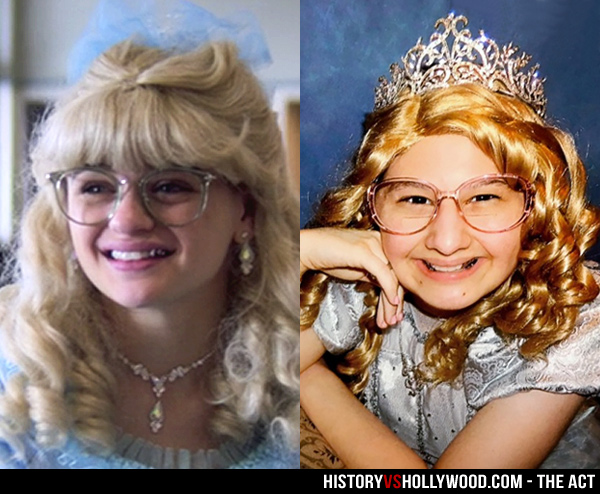


He refuses a transfusion, and dies Maye feels responsible. This time, though, he is eighteen and beyond the court's wardship jurisdiction. The next thing she hears of him, a few months later, is that he has had a relapse and is in hospital again. As he is about to leave, they spontaneously kiss on the lips – upon Maye's initiative (in the book) or Adam's (the film). She refuses and, by sheer force of personality, persuades him to return to his parents. He then begs Maye to let him come and live with her and her husband. On a stormy night he turns up at her hotel, drenched with rain, and reveals he has renounced his faith and has a renewed appetite for life. He starts sending her letters (in the book) and waiting for her outside court (in the film) eventually, he pursues her up to Newcastle, where she is on circuit. She therefore permits the hospital to give him the transfusion.Īfter the operation has been successfully completed, Adam breaks with his religious community and turns for support to Maye, the wise adult and first woman in his life, by whom he has been rescued – or damned.

Maye does not convince Adam to change his mind, but since he is a minor, she rules that the court, in its role as parens patriae, 'parent of the country', may overrule his wishes in the interests of his own 'welfare', in accordance with section 1(1) of the Children Act 1989. Unexpectedly, the two of them, so different in background, age and belief, strike up a rapport. They are opposed by the hospital where Adam is being treated and by his social worker.Īfter hearing submissions from all parties, Maye takes the unusual step of visiting the boy in hospital, to understand what exactly his beliefs are, and to determine whether he is 'competent' to refuse consent. They argue that Adam's beliefs should be respected by the court, even though he is legally still a minor. Adam and his parents, devout members of the sect, believe that transfusions are a sin. Maye is called upon to decide whether a seventeen-year-old Jehovah's Witness, Adam Henry, who is on the point of dying from leukaemia, is entitled to refuse a blood transfusion which could save him. The film is closely based on a 2014 novella of the same name by Ian McEwan, who also wrote the screenplay. Emma Park says Ian McEwan's book and the film it has inspired prompt the questions of what the state should do when a young person's religion conflicts with their welfare, and how this affects religious freedom.ĭoes the state have the right to prevent children from refusing medical treatment on religious grounds? This is the question at the heart of The Children Act, a film released in the UK in August this year, directed by Richard Eyre and starring Emma Thompson as Fiona Maye, a judge in the family division of the High Court.


 0 kommentar(er)
0 kommentar(er)
